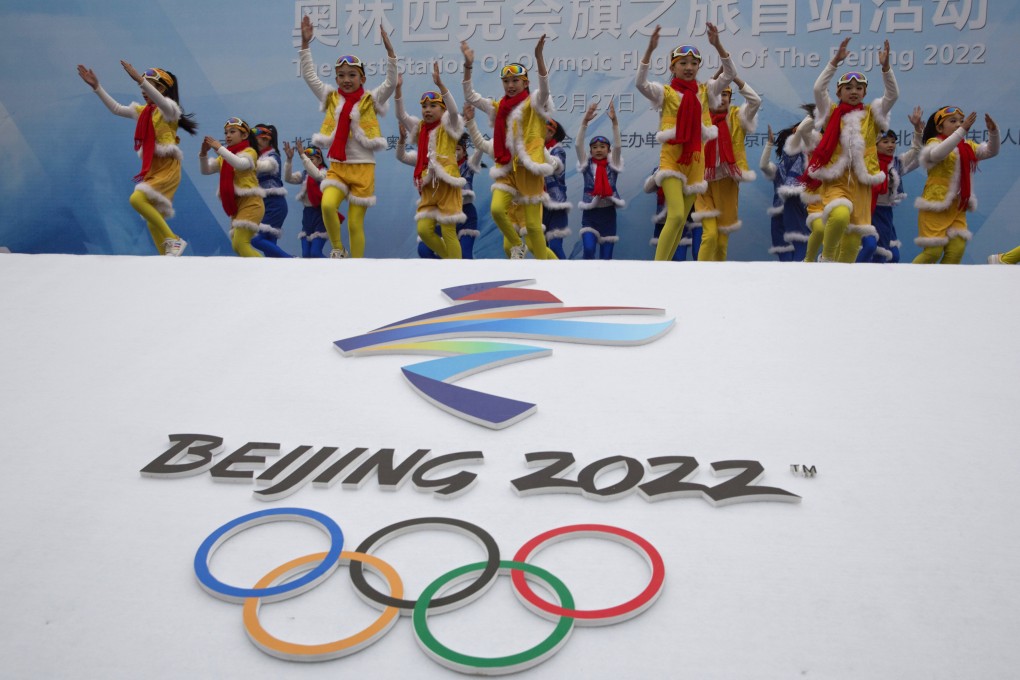Too early to talk about boycotting China’s Winter Olympics: Blinken
- US secretary of state says boycott discussions premature but promises ‘concrete action’ against Xinjiang-made products
- In wide-ranging Sunday interview, he also reaffirmed support for Taiwan’s ability to defend itself

In a Sunday interview on NBC’s Meet the Press, Blinken said the US was “not focused on a boycott” but was consulting closely with allies and partners on their concerns in Xinjiang, where up to 1 million ethnic Uygurs and other minorities are believed to have been detained.
He said the US needed to “bring the world together” to condemn Beijing’s repression of ethnic Uygurs and other minorities in Xinjiang, and ensure that US companies were not providing China with things that could be used for repression.
“We need to be looking at products that are made in that part of China to make sure that they’re not coming here; but we also have to make sure that we are dealing with all of our interests, and what is the best way to effectively advance our interests and our values,” Blinken said.
“We have to be able to deal with China on areas where those interests are implicated and require working with China, even as we stand resolutely against egregious violations of human rights or, in this case, acts of genocide.”
There have been growing discussions over a boycott by the US and is allies of the 2022 Olympics over Beijing’s actions in Xinjiang, with the US State Department earlier distancing itself from statements that a boycott was something that “we certainly wish to discuss” with allies.
Beijing has ramped up its defence in recent weeks of its Xinjiang policies, with the Chinese foreign ministry insisting the US Olympic Committee and international community would not accept an Olympics boycott and that US criticism of forced labour claims in Xinjiang were “doomed to fail”.